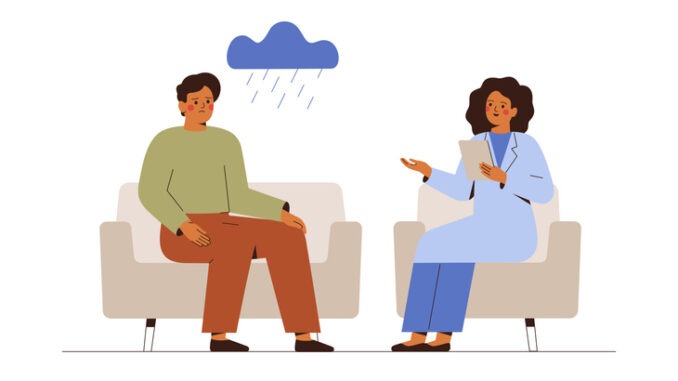
Your school can access DfE quality-assured training to help develop a whole school approach to mental health and wellbeing, and implement a senior mental health lead to strengthen your team
CREDIT: This is an edited version of an article that originally appeared on gov.uk
The Department for Education (DfE) is offering a grant of £1,200 for eligible state-funded schools and colleges in England to train a senior mental health lead to develop and implement a whole school or college approach to mental health and wellbeing. This training is not compulsory, but it is part of the government’s commitment to offer this training to all eligible schools and colleges by 2025.
Eligible schools and colleges are now able to apply for a senior mental health lead training grant to commence training within the 2022 to 2023 financial year, up to 31 March 2023. Grants will be provided to cover (or contribute to) the cost of attending a quality-assured course and may also be used to hire supply staff while leads are engaged in learning.
How to apply
There are two forms you must fill out to complete your application and receive your grant:
- Form one – the initial application form to check your eligibility and reserve your grant.
- Form two – the second stage of the application process, where you upload evidence of having booked a DfE quality-assured training course so we can pay your grant.
What the training covers
The learning outcomes for senior mental health lead training are aligned with the principles of Public Health England and DfE’s Promoting children and young people’s emotional health and wellbeing.
Research indicates that taking a co-ordinated and evidence-informed approach to mental health and wellbeing leads to improved emotional health and wellbeing in children and young people, and greater readiness to learn. Schools and colleges that have taken this approach often report improved attendance, attention, behaviour and attainment. You can reflect on your setting’s existing approach to mental health and wellbeing using the following:
- the National Children’s Bureau preparing for recovery: self-review and signposting tool.
- an approach developed by Oldham Council, The whole school and college approach to emotional health and mental wellbeing.
- Leading Change, developed by the Anna Freud Centre
- the Charlie Waller Trust’s college mental health self-evaluation tool.
How to identify a senior mental health lead
Schools and colleges can decide who is best placed to take on the role of senior mental health lead and undertake the training, as every setting’s circumstances are different. Training could be for your:
- headteacher;
- deputy headteacher;
- member of the senior leadership team (SLT);
- if not a senior leader, an appropriate member of staff, working with colleagues, who is empowered to develop and oversee your setting’s whole school or college approach to mental health and wellbeing.
If your senior lead is not a member of your school or college SLT you will need to consider whether the individual has the authority, capacity and support to influence and lead strategic change within the setting.
Eligible settings are able to claim only one grant so, when choosing a senior mental health lead, you should take into account succession-planning and career development plans. This will help ensure your senior lead has sufficient time and capacity to meet the conditions of the grant, including completing training and implementing a sustained whole school or college approach to mental health and wellbeing.



Be the first to comment